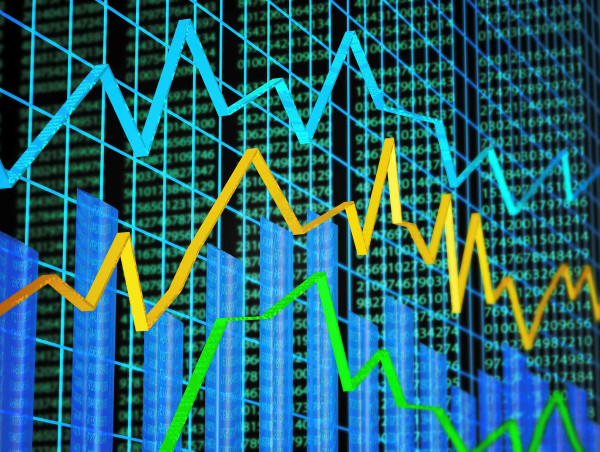The financial history of the past 30 years has been characterised by globalisation and the convergence of ideas and trade. This consensus is in a period of heightened challenge as the world becomes more divided, and we anticipate that remaining the case. The difficulties in trying to navigate the path of increasingly complex geopolitics means more variety in viewpoints and is likely to manifest in a greater spread of returns.
For corporates revenue growth has been rewarded over the past decade, but we now expect to see valuation and margin resilience become much more important drivers of returns.
Greater geopolitical complexity requires them to shore up their supply chains in this new world; for some that will mean margin compression, while others benefit from the resulting capital expenditure. Commodity prices are likely to remain highly volatile and elevated as supplies remain restricted or customers become more discerning around their sources, which will put upward pressure on some company's costs.
Equally, the demand curve is shifting aggressively for some commodities as the green agenda intersects with the desire to escape reliance on Russian energy provision – electrification requires copper, lithium, steel, and a variety of other metals at scale.

We expect to see valuation and margin resilience become much more important drivers of returns
The emphasis on sustainability in capital allocation has been a building force for several years. The environmental drive towards net zero is powerful but the war in Ukraine necessitates supply shifts from Russia, which may require short-term decisions to increase production in other regions to ensure energy security as well as fulfil the social and governance obligations of stakeholder capitalism.
The longer-term trend towards net zero will hold firm and indeed will remain a key driver in Europe’s fiscal policy initiative. That has acquired more urgency as the block recognises the security vulnerabilities that reliance on Russian gas has created. The energy complex is likely to be an area of huge change over the following years.
Likewise, attitudes to security in the military sense have undergone a profound change since the shock of the Russian invasion. One of the most profound manifestations of the impact of the war has been the shift in consensus within Germany towards defence spending. What had been regarded as anathema on an ethical basis is now a matter of preservation of liberal values.











